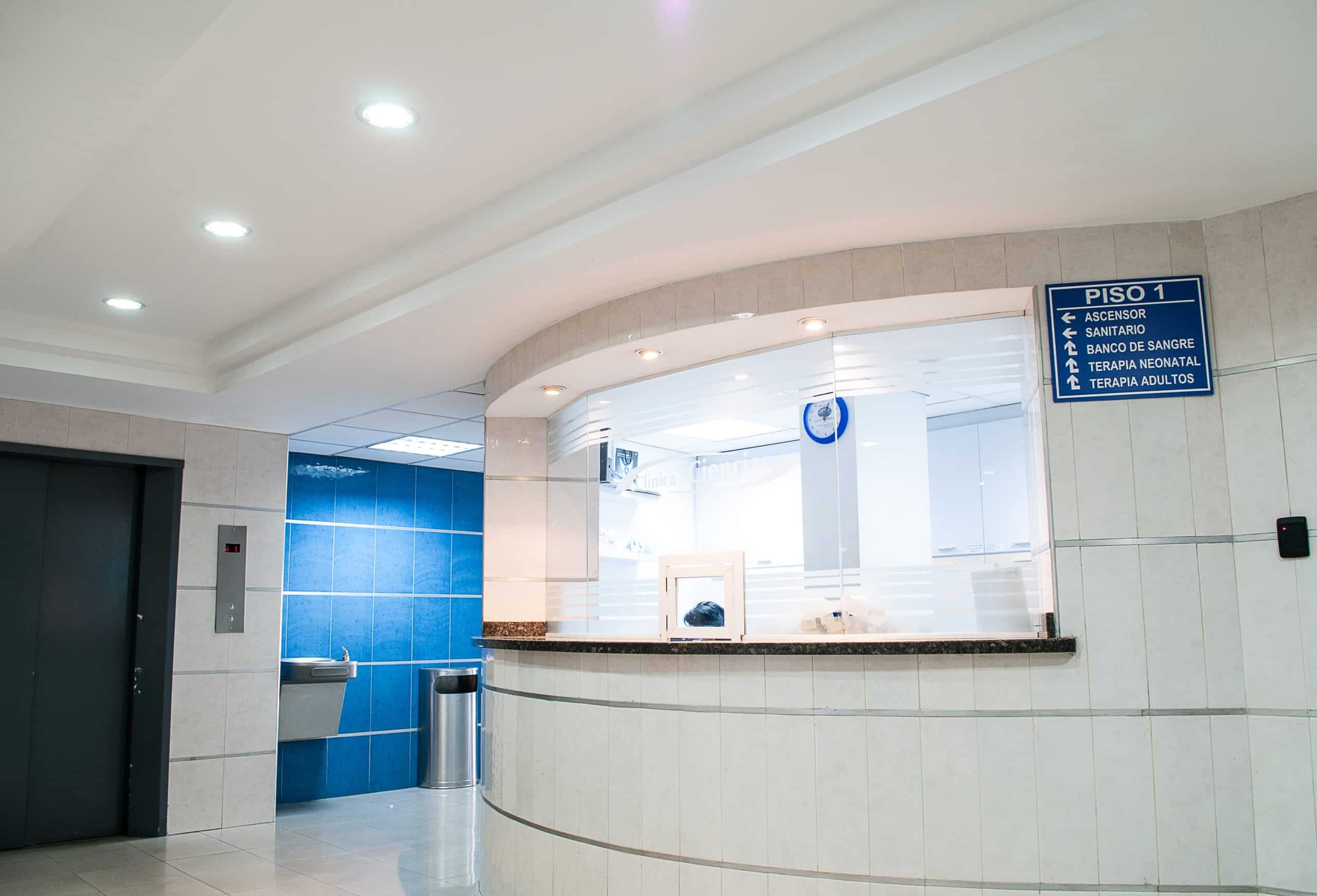Medication-assisted detox has become a popular and effective treatment option for individuals suffering from substance use disorders. However, providing this type of care in an inpatient setting presents a number of unique challenges that must be addressed.
In this blog post, we’ll discuss how to navigate the challenges of providing medication-assisted detox in an inpatient setting and provide tips on how to ensure safe and effective care.
What is medication-assisted detox?
Medication-assisted detox is a process where patients are given medication to manage withdrawal symptoms during detoxification. This is especially important in an inpatient setting, where patients may be experiencing severe physical and psychological symptoms.
The medication used for detoxification varies depending on the substance that the patient is addicted to and their individual needs. Medication can help reduce cravings and alleviate symptoms such as nausea, vomiting, insomnia, and anxiety. This approach provides patients with a more comfortable and safer detoxification process, increasing the likelihood of successful long-term recovery.
In addition to medication, inpatient settings also provide patients with 24/7 medical supervision, individual and group therapy, and support to address the root causes of addiction. Overall, medication-assisted detox is an essential component of inpatient treatment programs that can help patients safely and effectively overcome addiction.
The challenges associated with medication-assisted detox
Medication-assisted detoxification in an inpatient setting presents additional challenges, as patients are forced to let go of long-standing habits and face their addiction head-on. One of the biggest obstacles is the physical and emotional withdrawal symptoms that occur during detox. These can range from mild discomfort to severe pain and nausea, making it difficult for patients to stay committed to the process.
Additionally, patients may fear the potential negative side effects of the medication used during detoxification. However, despite these challenges, medication-assisted detoxification in an inpatient setting remains highly effective and provides patients with the support they need to achieve lasting recovery.
Strategies to reduce the severity of withdrawal symptoms
Withdrawal symptoms are a common occurrence, and they can range from mild discomfort to severe physical and emotional distress. Luckily, there are several strategies that can help reduce the severity of these symptoms, so that you can get through this challenging period with more ease.
Some things you can try include staying hydrated, eating a healthy diet, getting plenty of rest, and engaging in relaxation techniques like meditation and deep breathing. Additionally, it can be helpful to have a support network in place, like a counselor or support group, who can provide encouragement and guidance as you navigate this process.
Benefits of medication-assisted detox
Unlike other detox techniques, this method targets the physical and psychological aspects of addiction. It can be administered in both inpatient and outpatient settings, making it a flexible option for individuals seeking detoxification. By managing symptoms and reducing the risk of relapse, medication-assisted detox can be a significant stepping stone toward long-term recovery.
How to ensure a safe and successful detox experience
The decision to seek professional help for a medication-assisted detox is a courageous one, but the journey requires careful planning to ensure a safe and successful experience. To begin, it is crucial to choose a reputable treatment facility that specializes in medication-assisted detoxification.
The medical staff will assess your condition, create a personalized treatment plan, and monitor your progress throughout the process. It is also important to follow the medication regimen as prescribed by your healthcare provider and attend all counseling sessions to address any underlying mental health disorders or addictive behaviors.
Establishing a strong support network, including family and friends, and engaging in healthy activities such as exercise and meditation can help sustain long-term recovery. Remember, a medication-assisted detox is just the first step in a lifelong journey toward sobriety, and with the right tools and support, you can overcome addiction and reclaim your life.
Advice for those considering an inpatient setting
Starting off, it’s important to understand that detoxing from addiction can be a difficult and emotional process. Choosing to do so in an inpatient setting allows you to receive support and medical care around the clock, ensuring you are safe and as comfortable as possible during withdrawal.
You can benefit from the guidance of medical professionals and therapists who can help you navigate your journey to recovery. Lastly, remember that you are not alone in this process. Reach out to loved ones for support and consider joining a support group to help you stay motivated and on track.
Contact Grand Falls Center for Recovery Today
The process of medication-assisted detox can be incredibly daunting but also extremely rewarding in terms of improved physical and mental health. It is important to receive support from those around you who are willing to help, as well as from professionals who specialize in inpatient medically assisted detoxification.
If you or a loved one is considering starting the journey toward recovery, contact Grand Falls Center for Recovery today. They will provide you with all the necessary guidance and support that you need to create a comprehensive detox plan tailored to your individual situation.

